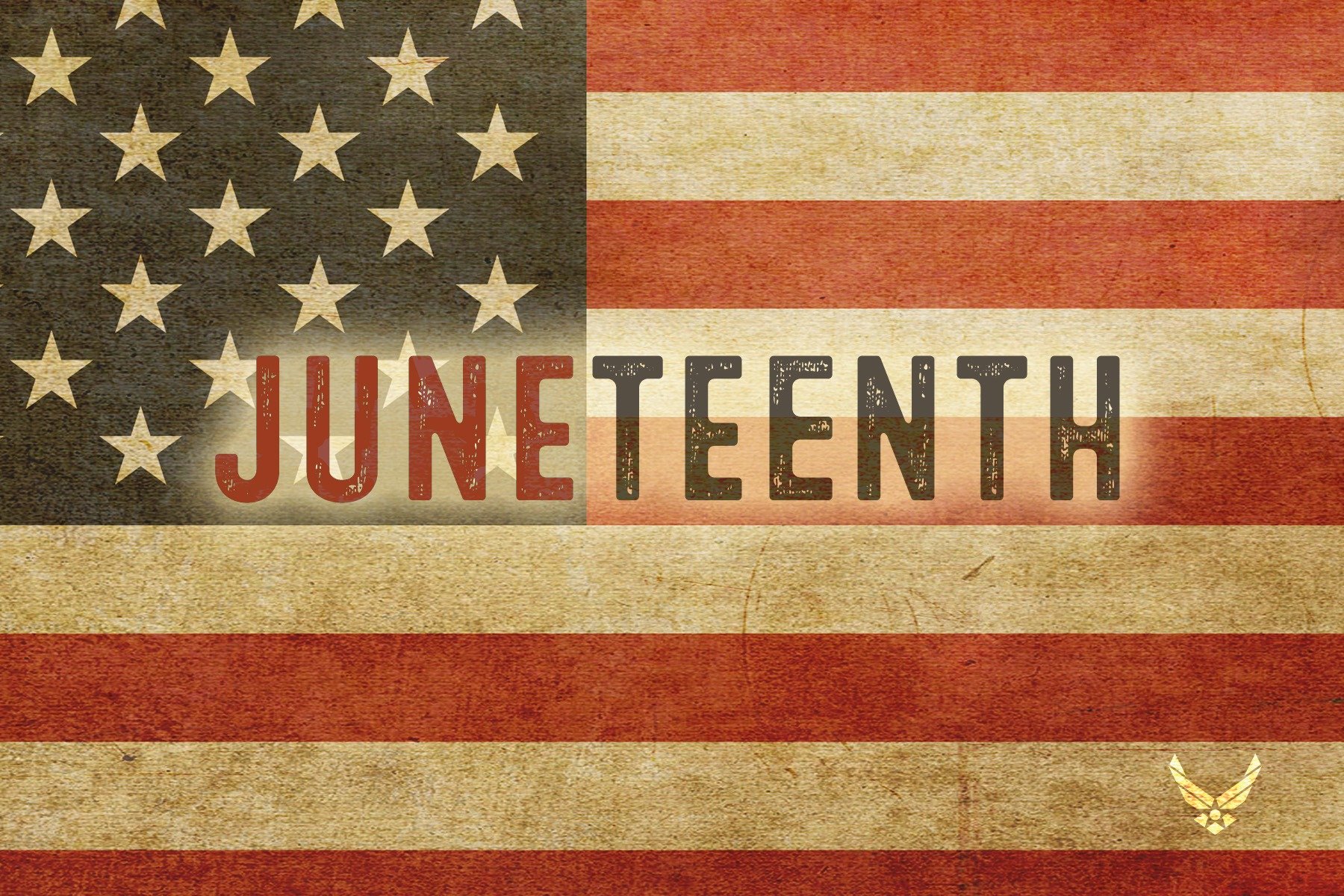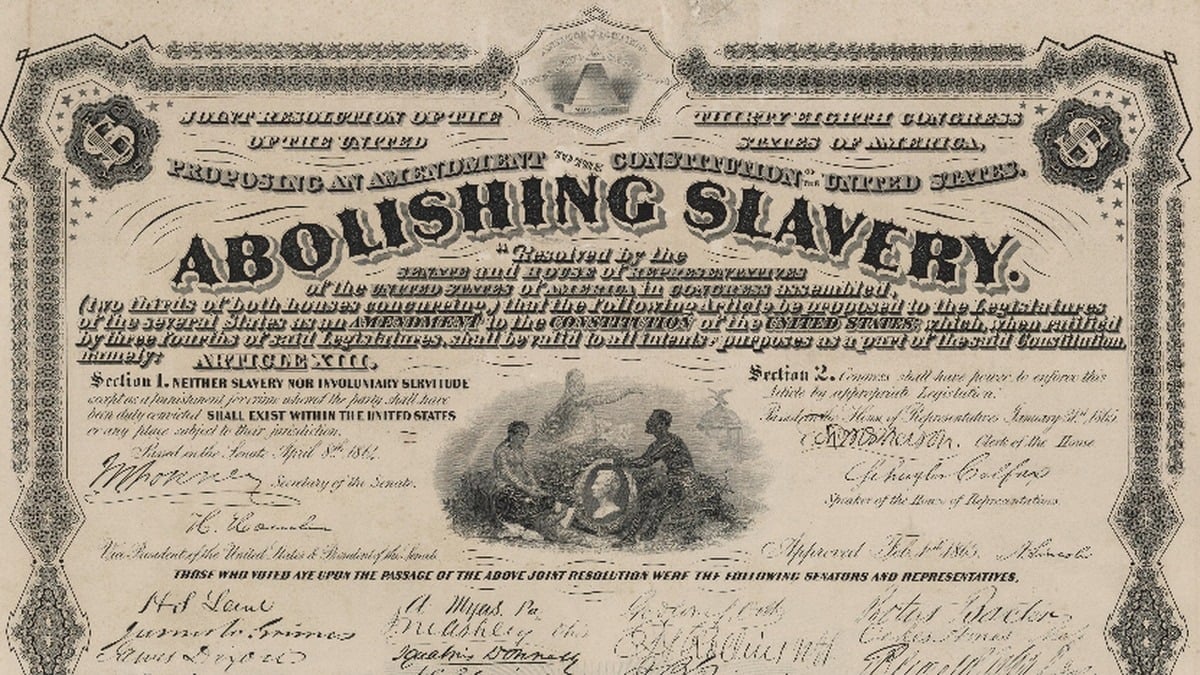
Juneteenth is a blend of the words June and nineteenth. The holiday commemorates the end of slavery in the United States. On this day in 1865, America's last enslaved people — a group in Texas — learned they were free.
The events leading to this historic day began with President Abraham Lincoln's signing of the Emancipation Proclamation on January 1, 1863. The executive order freed millions of enslaved people in 10 states that were not under Union control. But the Union-loyal border states of Missouri, Kentucky, Delaware, and Maryland were exempt from the decree. They continued to practice slavery until the 13th Amendment, passed on January 31, 1865, abolished it nationwide.

The combined legislation helped free all but about 250,000 enslaved people in Galveston, Texas. Unaware of the new laws, they remained in bondage until June 19, 1865. That's when the Union Army arrived and informed them of the president's order.
The following year the group celebrated the first anniversary of their freedom with community cookouts, dances, and prayers, and a tradition was born. Over the years, Juneteenth, also known as Emancipation Day, was observed sporadically across the nation. But it only gained national prominence in 2020 amid the countrywide protests against police mistreatment of African Americans.
In 2021, Juneteenth was declared a state holiday in Virginia, New York, and Pennsylvania. Large corporations, like Twitter, Nike, and Spotify, also added it to their roster of paid employee holidays.

The steadily growing recognition was not enough for 96-year-old activist Opal Lee. The Fort Worth, Texas, resident has been fighting for Juneteenth to be a national holiday since 1989. Starting in 2016, she had led a 2.5-mile (4 km) march down Fort Worth's West Lancaster Avenue every year on Juneteenth. The distance symbolized the almost 2.5 years it took the enslaved people in Texas to realize they were free.
Lee's efforts finally paid off on June 17, 2021, when President Joe Biden signed legislation to make Juneteenth a federal holiday. This was the first national holiday approved since Martin Luther King Jr. Day in 1983. Lee, who witnessed the momentous occasion at the White House, hopes the holiday will help unite Americans.
"Juneteenth is not a Black thing, and it's not a Texas thing," she says. "People all over, I don't care what nationality, we all bleed red blood."
Resources: Wikipedia.org, CNN.com, NPR.com
